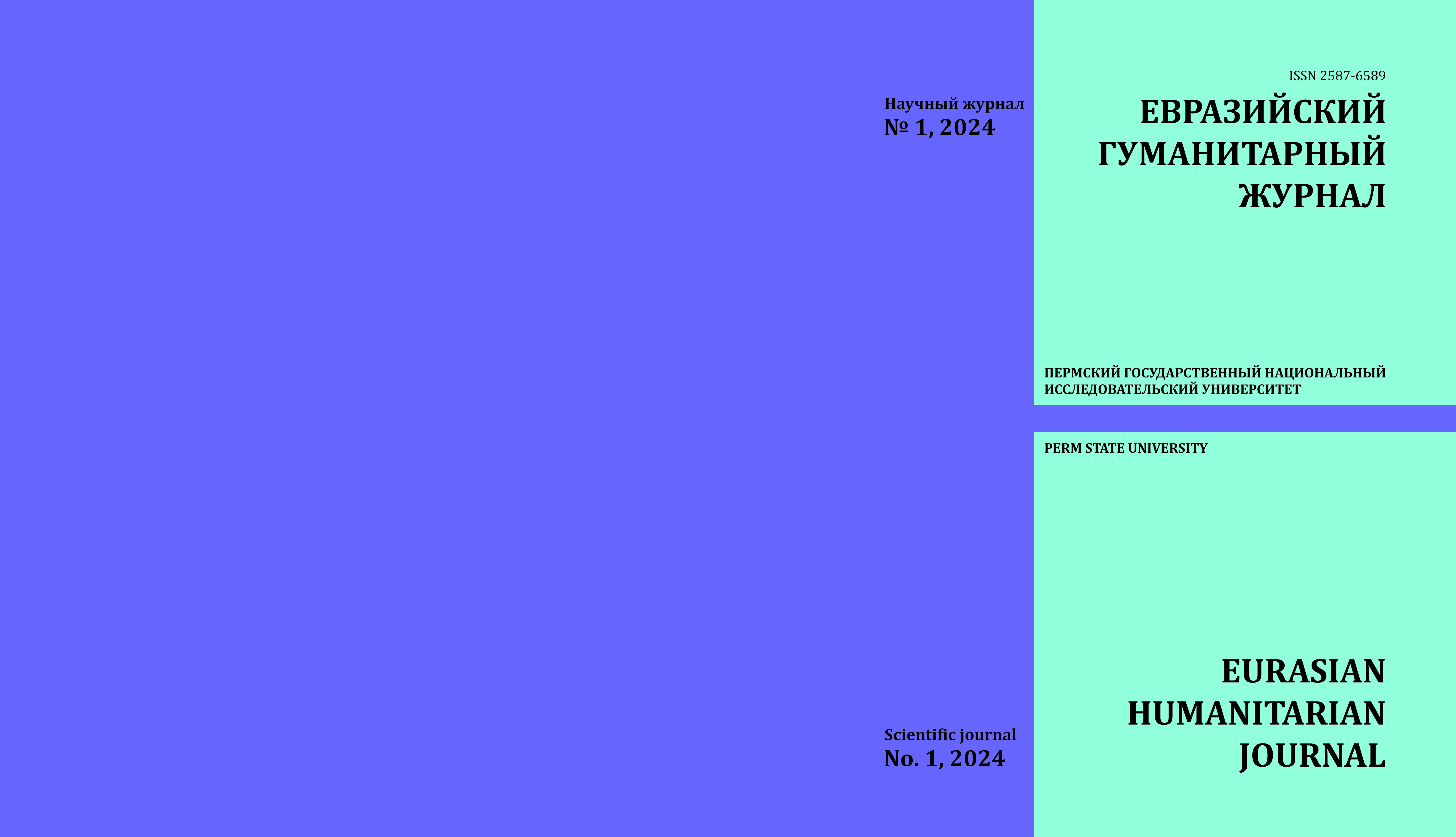THE ISSUE OF STUDYING JUDICIAL DISCOURSE IN MODERN LINGUISTICS
Keywords:
legal discourse, courtroom discourse, manipulative influence, strategies and tactics of speech behaviorAbstract
In recent decades, linguistics has shown interest in studying human speech activity in various professional spheres of communication (political, advertising, etc.). Special attention is paid to the study of legal discourse, including legal documents (texts of laws, court rulings, written testimony of witnesses, wills, etc.), public speech (accusatory and acquittal speeches of judges, opening and closing speeches of lawyers, lectures, scientific reports on jurisprudence, etc.). Courtroom discourse is of no less interest from a linguistic point of view. In general, the study of courtroom discourse in modern linguistics plays an important role in understanding legal language, judicial procedures and the role of communication in court. Various scholars study the speech behavior of judges, court documentation, speech strategies and tactics used by lawyers and public prosecutors to influence witnesses. The given article examines the concept of courtroom discourse from different points of view, analyzes works on this issue, describes the singled out approaches to the analysis of courtroom discourse as human speech activity in the sphere of professional communication. The article presents speech strategies and tactics of influencing witnesses, which were highlighted during the analysis of the speech behavior of lawyers and public prosecutors during the interrogation process of witnesses. Despite the large number of works analyzing legal discourse from different sides (communicative, sociolinguistic, psycholinguistic, tonal and genre approaches described in this article), the consideration of contextual factors influencing communication between participants in the litigation process, such as cultural differences, the status of participants and audience expectations, remains insufficiently studied. This aspect is of undoubted interest for further study of courtroom discourse as a communicative phenomenon.Downloads
Published
2024-04-13
Issue
Section
ДИСКУРСОЛОГИЯ

